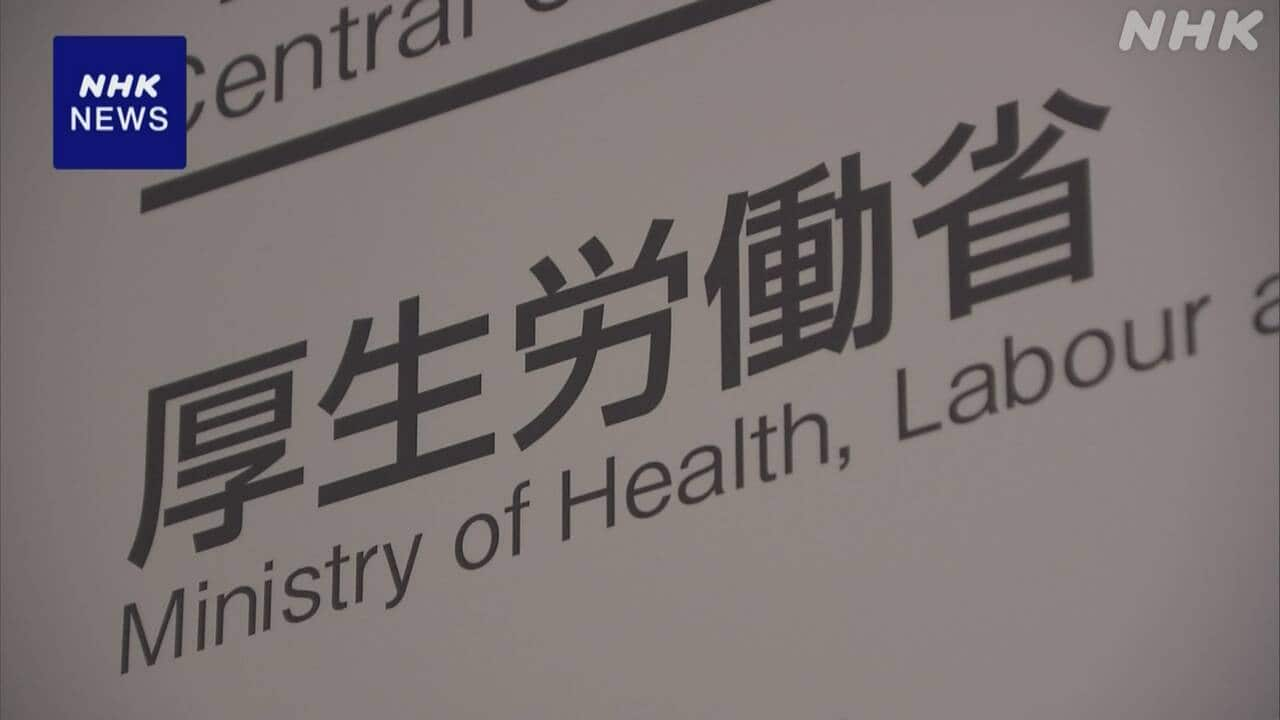The Japanese government is considering revising the "Outpatient Exception" rule, a policy under the nation's high-cost medical care system. This review comes amidst growing concern about the financial burden on citizens undergoing expensive medical treatments. The specifics of the review or the proposed changes have not yet been clarified. This move is expected to promote fairness and equal opportunities to healthcare services across different income brackets in Japan.
Japan's high-cost medical care system has a big influence on patients with chronic illnesses. The outpatient special case, which places a cap on the amount the patient has to pay monthly, is an essential protection for those who require costly regular treatments. However, there have been recent discussions on the need to review this system, sparking mixed reactions among the public, reflecting concerns about the financial implications for patients and the overall sustainability of Japan's healthcare system.
In contrast to Japan, the US does not have a nationwide policy that caps the cost of medical care. Instead, healthcare costs can become a substantial burden for US citizens. The EU, on the other hand, has universal healthcare systems in place where costs are often substantially covered or capped, but this varies between countries.

